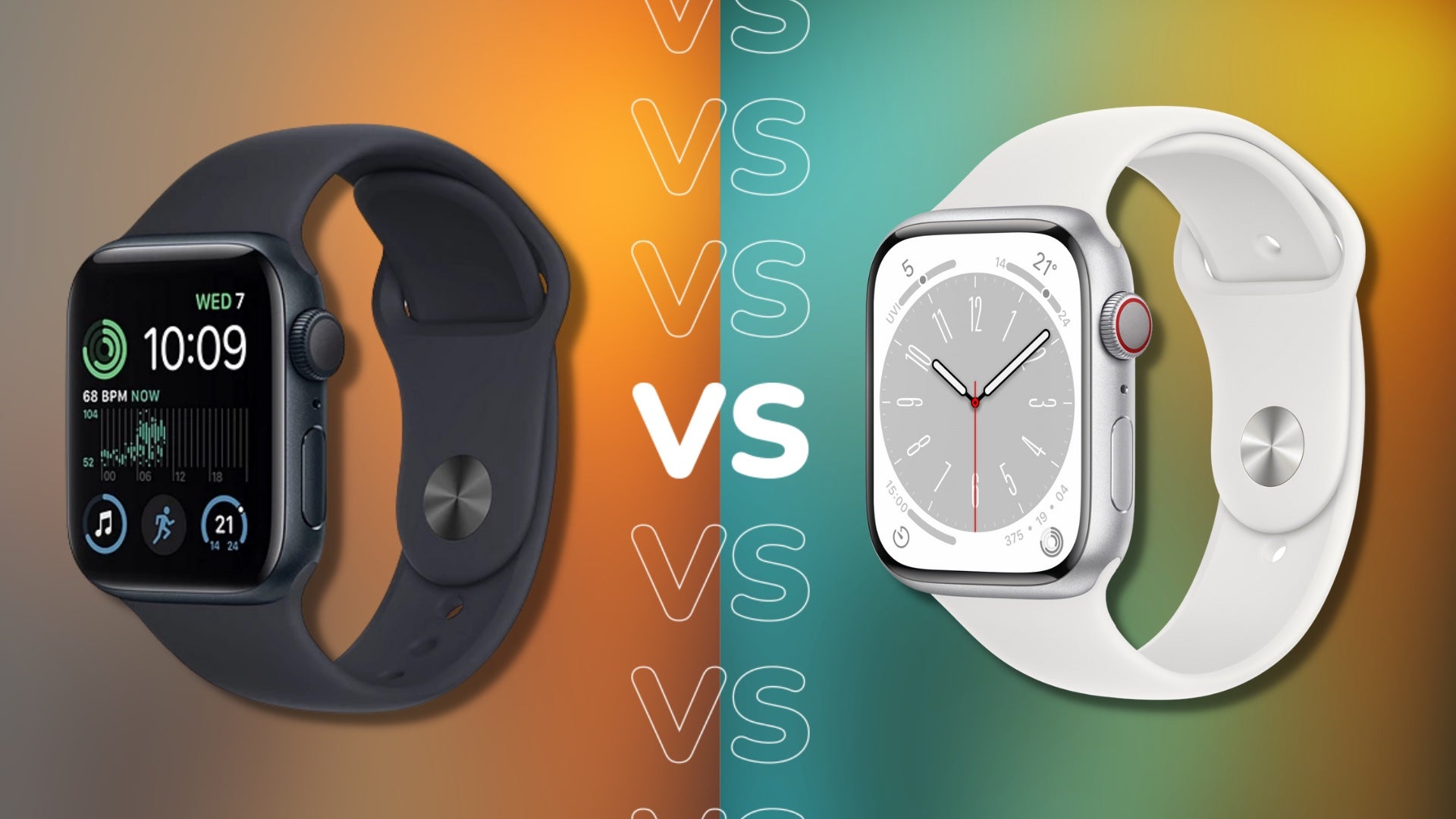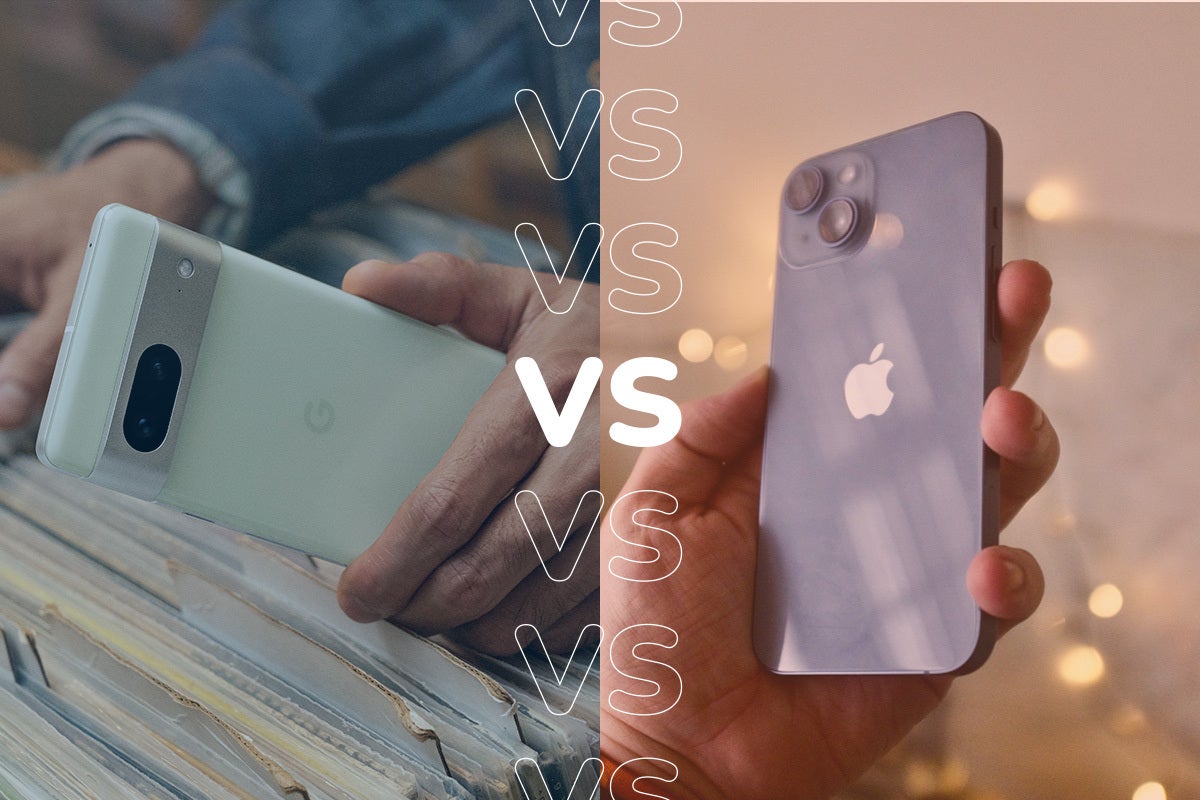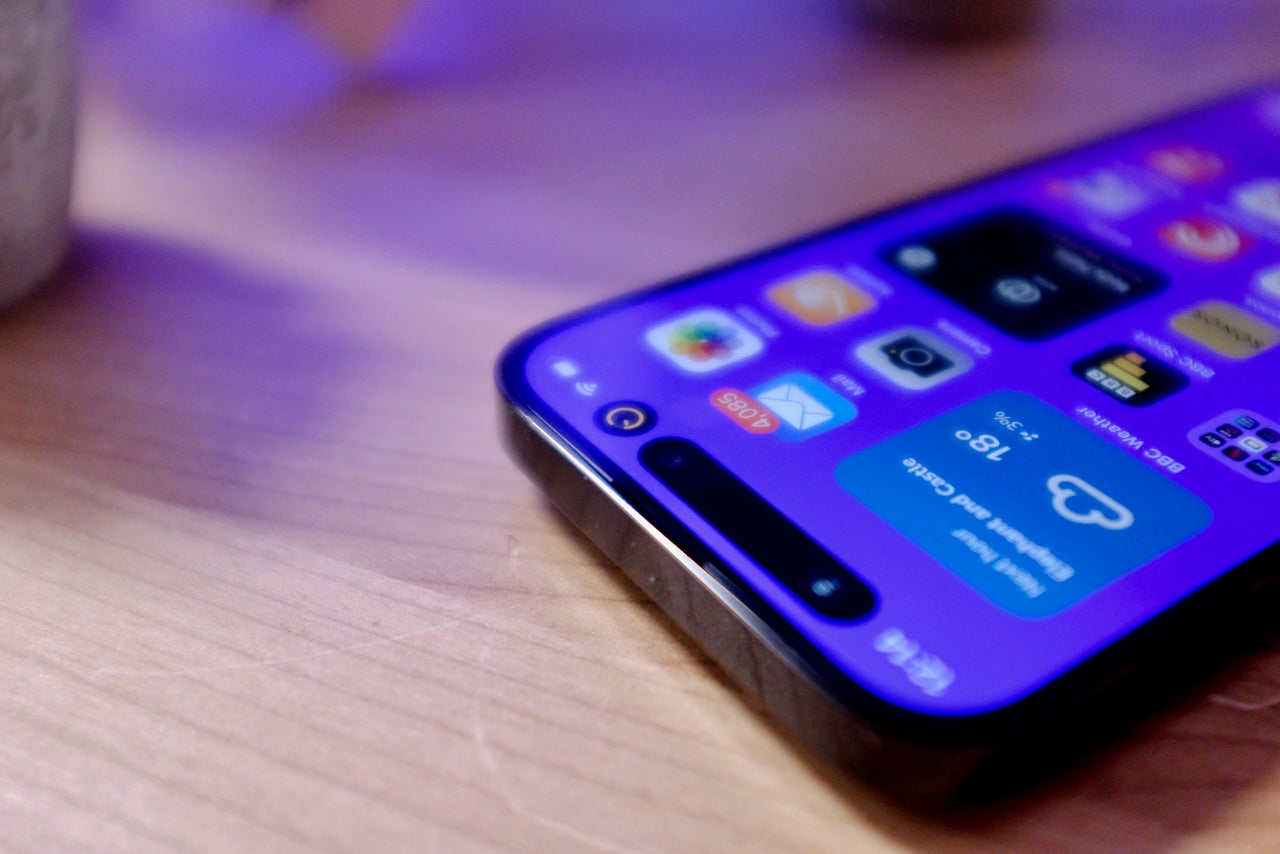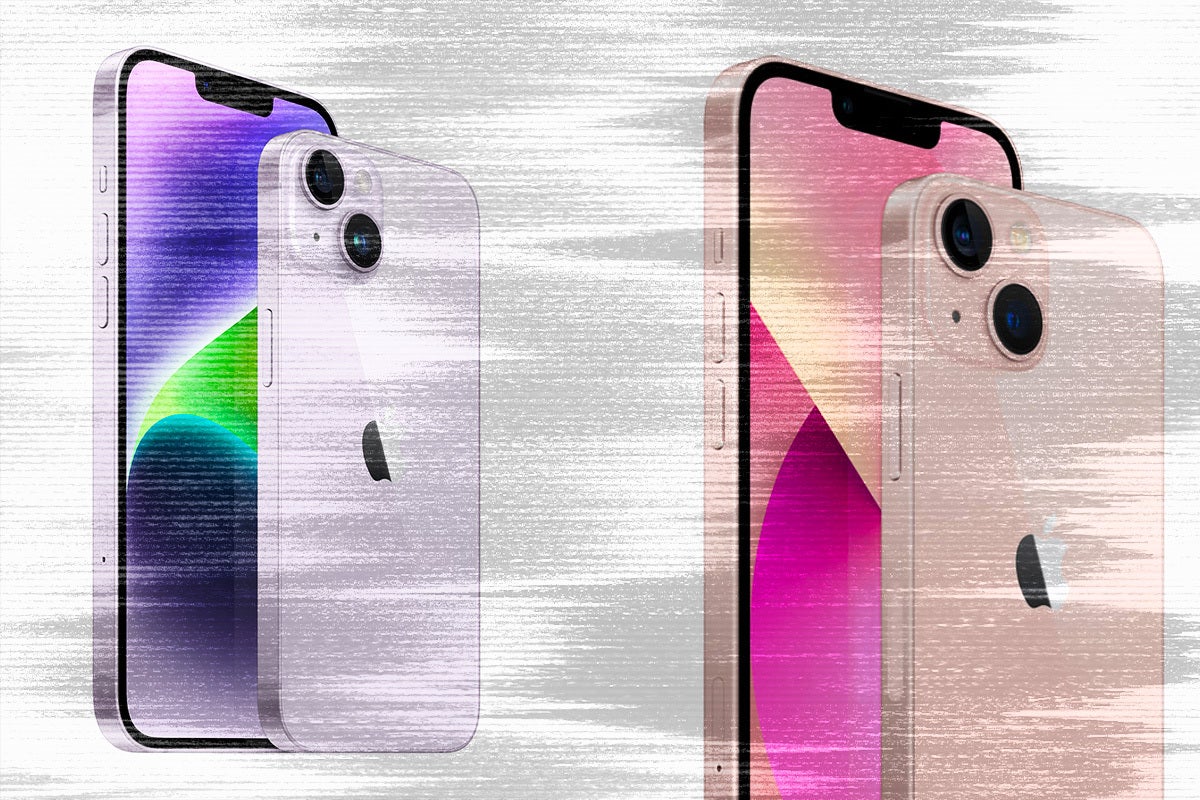I’m not at all tempted to upgrade to the iPhone 14 – Here’s why
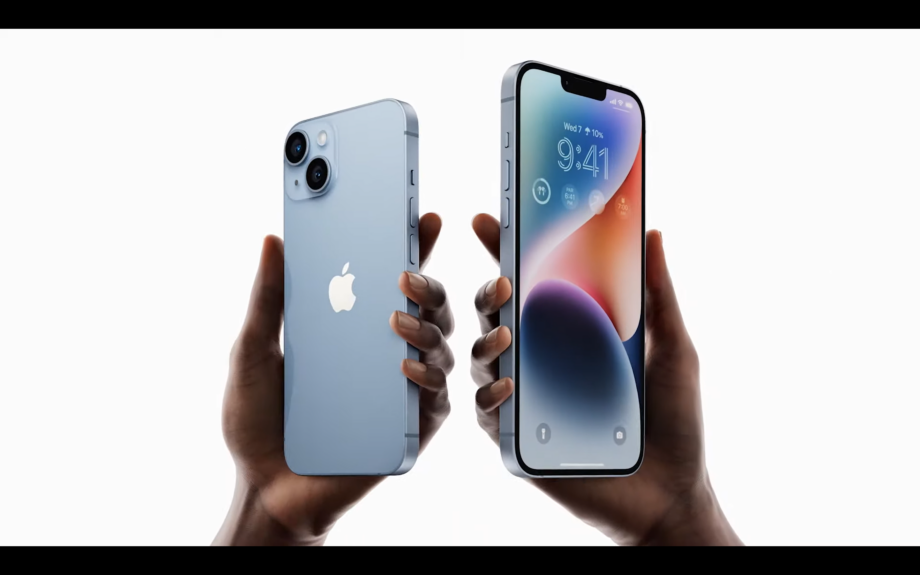
OPINION: Apple revealed four new phones at its Far Out event, and despite the announcement of new chips and more features, I can’t help but feel underwhelmed with the base model, and I don’t see why I anyone would choose to upgrade to the iPhone 14.
Despite it being a yearly tradition, I am still surprised to see the announcement of another series of iPhones, as it feels like only days ago the iPhone 13 range was revealed. And since I have only owned my iPhone 13 Pro for around half a year, it seems crazy to me that there is already another flagship iPhone model available for pre-order.
However, I actually was impressed by the new iPhone 14 Pro; it’s always interesting to see another Apple Silicon Bionic chip, and the new Dynamic Island feature not only does away with the controversial notch, but it’s also developed it into its own little hub that should make phone navigation easier.
What I’m not so impressed by is the base model, the iPhone 14. Not only did Apple do away with the idea of an iPhone 14 Mini, but to me, as the owner of an iPhone 13 series phone, I can’t see anything that’s worth upgrading.
To clarify, I’m not saying that the iPhone 14 is completely pointless, and anyone who has been using their current handset for multiple years will likely see more value in the latest model than I do. But if you own a fairly recent phone that isn’t more than maybe two or three years old, especially one from Apple, there really isn’t too much there to pull you in.
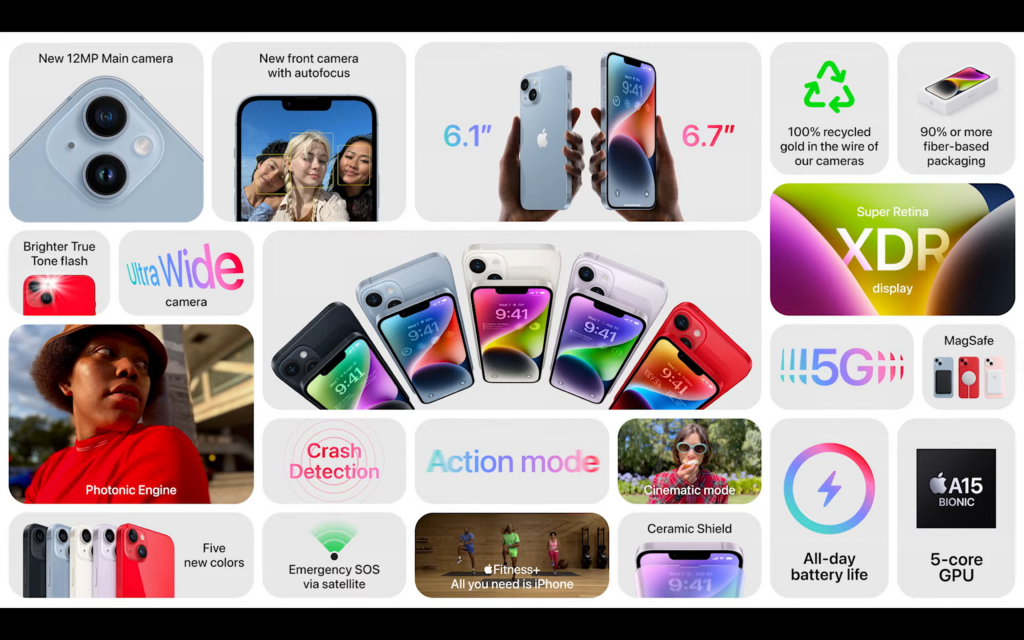
For starters, the iPhone 14 uses the same chip as the iPhone 13 range, the A15 Bionic. This means that fundamentally, the phones will have the same amount of power and will have similar levels of performance. This can’t be said for the iPhone 14 Pro and Pro Max since they’ve been kitted out with the latest A16 Bionic, which packs in more transistors than its predecessor and has 50% more GPU memory bandwidth.
I will say that the iPhone 13 comes with a 4-core GPU while the iPhone 14 comes with a 5-core GPU, but the iPhone 13 Pro also has a 5-core GPU, which makes me wonder if the iPhone 13 Pro or iPhone 13 Pro Max are actually more worthy as potential upgrades.
The iPhone 14 has the same screen as the iPhone 13; 6.1-inches, a 60Hz refresh rate and a peak HDR brightness of 1,200 nits. And while the camera on the latest phone has been upgraded, they ultimately both pack a Dual and Ultra Wide lens at 12MP, with the real camera improvements being reserved for the iPhone 14 Pro and Pro Max.
Some new features, like Car Crash Detection and Emergency SOS, are currently exclusive to the iPhone 14 range and are more compelling, although I would hope that these features are used sparingly, and it would be a little worrisome if they were your main reason for upgrading.
I do think that if I owned an iPhone 8 or an iPhone X that was on its last legs, the iPhone 14 may be a little more appealing. But even saying that, Apple has so obviously kept all the best features reserved for its flagship models that I may even be tempted to wait a little longer and save up so I could treat myself to the iPhone 14 Pro, which seems worlds away in terms of performance and features.
Maybe it all comes back around to the yearly tradition of revealing a new batch of iPhones; not that many people want, or can afford, to upgrade their handset every year, and when the changes to the base model are so minor I feel like people should either splash out for the flagship models or stick with the iPhone 13 series of phones, as on it’s own, the iPhone 14 seems like a hollow upgrade that already somehow feels outdated.



